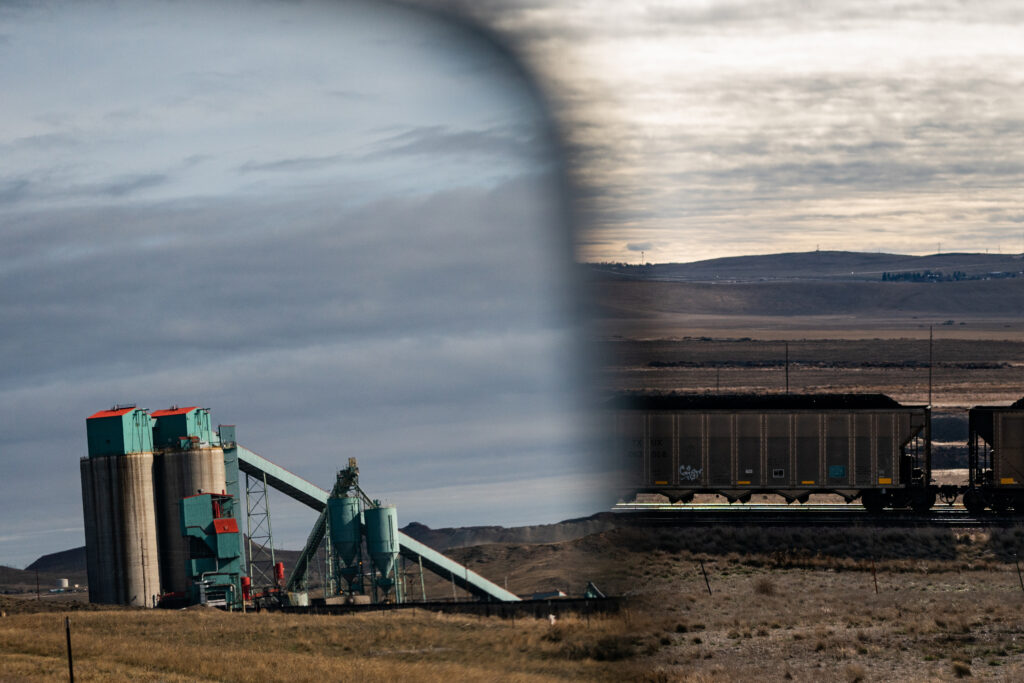The Bureau of Land Management (BLM) revealed plans to stop issuing new coal mining leases on federally managed lands within Wyoming’s Powder River Basin. This area, a significant geological formation extending into Montana, has been the largest national coal source for several decades.
This announcement has sparked controversy in the fossil fuel industry, particularly in a region known for substantial coal production. However, it’s a welcomed move for those advocating for a cleaner energy transition.
According to Melissa Hornbein, an attorney at the Western Environmental Law Center, this decision is a critical and overdue step the BLM has taken. The organization represented numerous environmental groups that legally challenged the BLM’s prior resource management strategies for this area.
The cessation of coal mining is part of the BLM Buffalo Field Office’s Resource Management Plan (RMP). The detailed document outlines how the agency aims to manage the various uses for the land under its jurisdiction close to Gillette, Wyoming. The BLM is legally required to leverage a “multiple use” approach in its resource management plans that balance resource extraction, preservation, and recreation.
Travis Deti, executive president of the Wyoming Mining Association, harshly criticized the BLM’s plan, dubbing it a “ridiculous assault on our coal industry.” He expressed concerns over the potential loss of thousands of jobs in Wyoming and potential repercussions for the state’s revenue base and the reliability of the American electricity grid.
The BLM released prior versions of its Buffalo RMP during both the Obama and Trump administrations. However, environmental groups argued that the agency did not adequately consider national environmental and health implications of mining and burning millions of additional tons of coal over multiple decades. These groups successfully sued the agency over these plans.
In response to the first lawsuit in 2018, U.S. District Court Judge Brian Morris sided with environmental groups, asserting that the BLM was obligated to assess “the environmental consequences of downstream combustion of coal, oil, and gas open to development.” As a result, the BLM reconsidered the environmental impacts of burning coal from the Powder River Basin, Hornbein said.
She claimed that this action not only holds environmental significance but also substantial public health benefits. Coal mining and its subsequent use lead to a broad range of health issues such as premature birth, fetal brain damage, respiratory infections, and even mortality.
The decision to stop new coal mining leases follows the BLM’s recent update to its land management approach, which now acknowledges conservation as an essential component of public lands management.
Deti invoked the agency’s multiple use mandate when criticizing the updated Buffalo management plan, suggesting that President Biden and environmental advocates are ignoring BLM’s multiple use responsibilities under the Federal Land Policy and Management Act, and moving the country towards a significant energy crisis.
Despite the potential landscape preservation, Hornbein believes the decision is more aligned with the agency’s analysis of environmental and public health effects from coal mining.
However, she acknowledged that this new plan could disrupt the economies of coal communities. As coal demand has decreased in the last two decades, tax revenues have been affected in these communities. Thus, both federal and local governments and coal companies must collaborate to mitigate the financial effects of halting coal production.
As of 2022, both industrial and commercial use of coal were down over 60 percent from the turn of the century, based on data from the U.S. Energy Information.
Both Hornbein and Deti foresee a potential legal challenge to the BLM’s Buffalo resource management plan. Deti urged Wyoming’s policy leaders to contest this action forcefully, while Hornbein expects a challenge, though none has been made at this point. The public has until June 17 to comment on the final resource management plan.
Original Story at insideclimatenews.org
